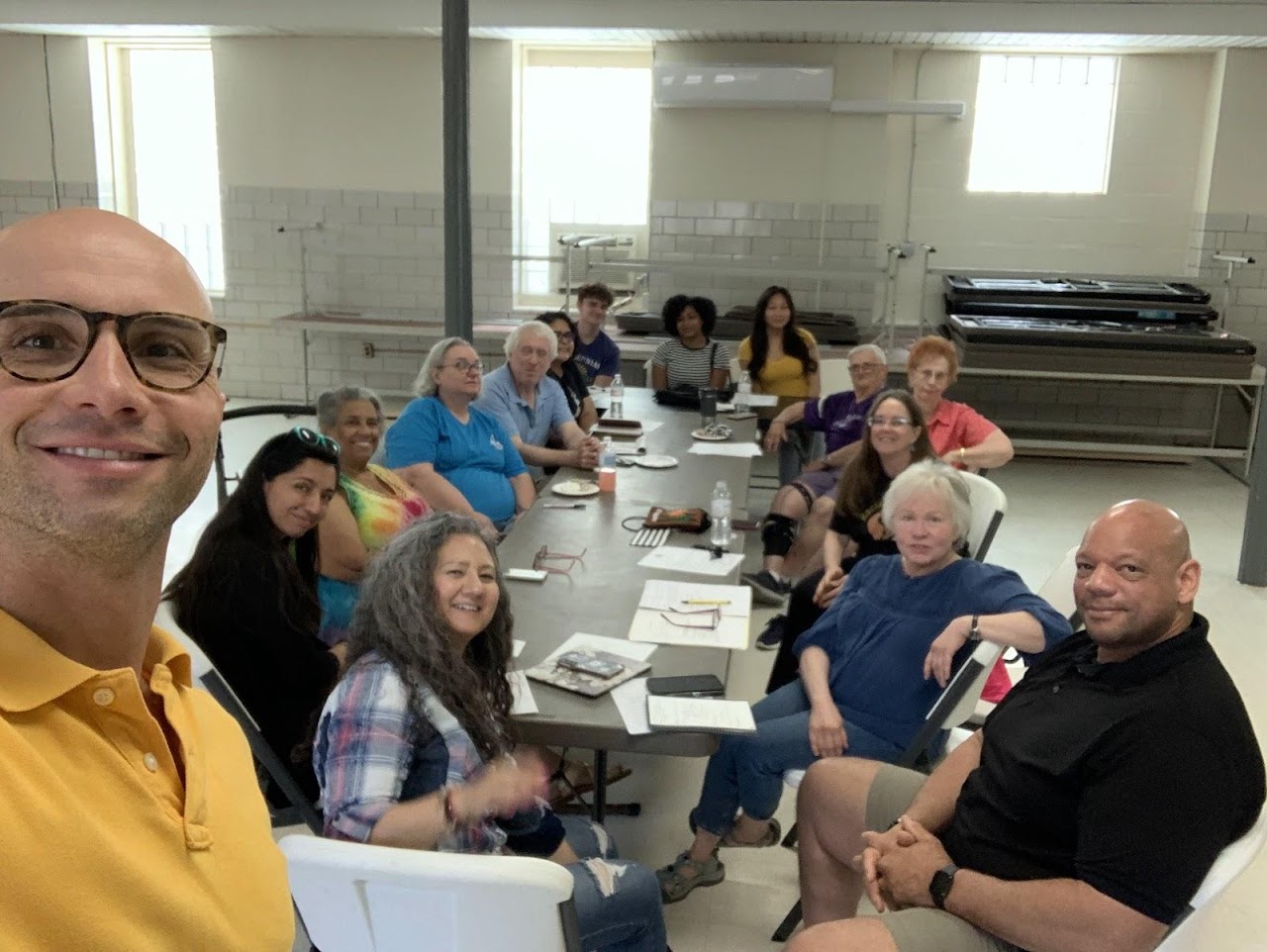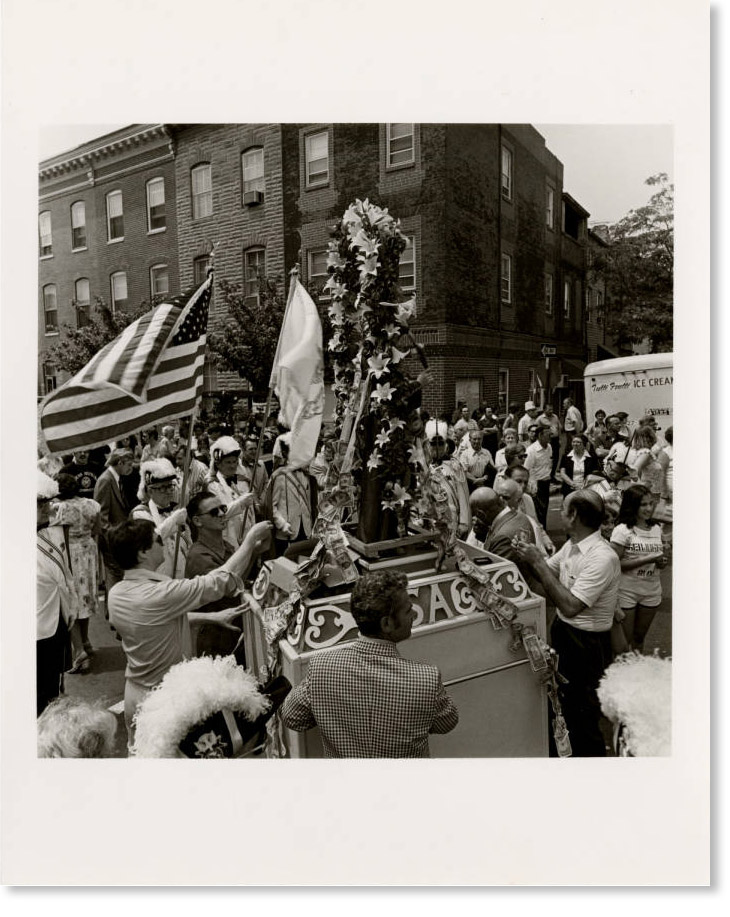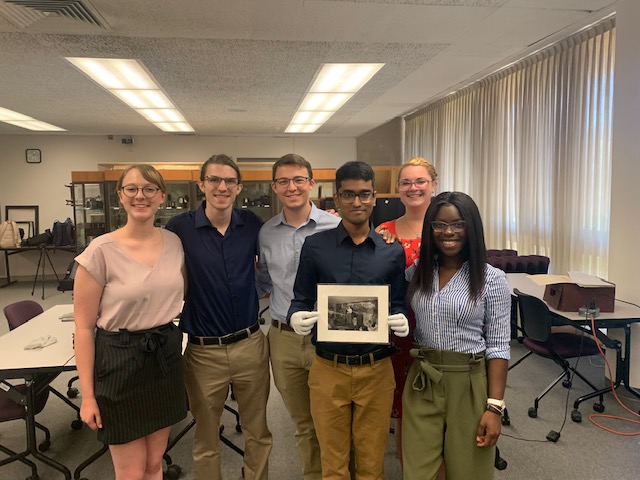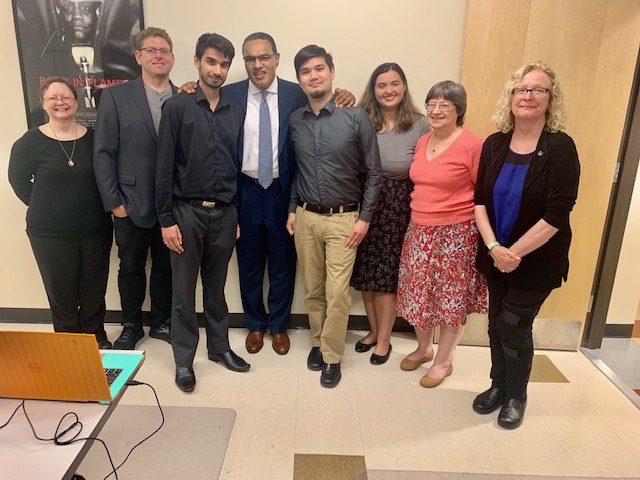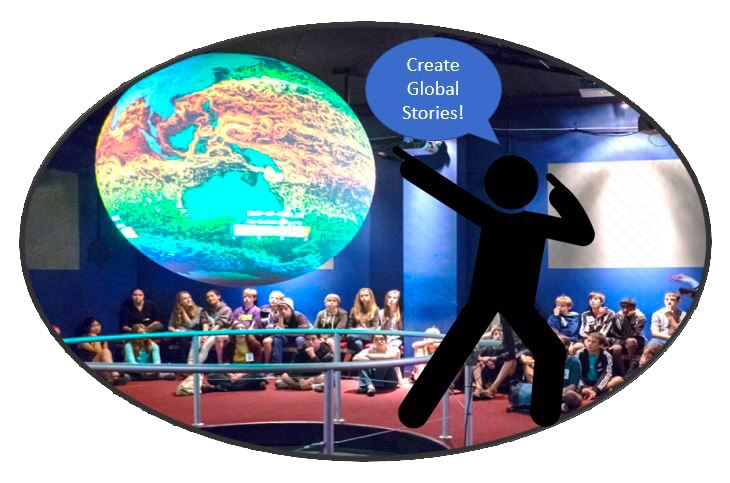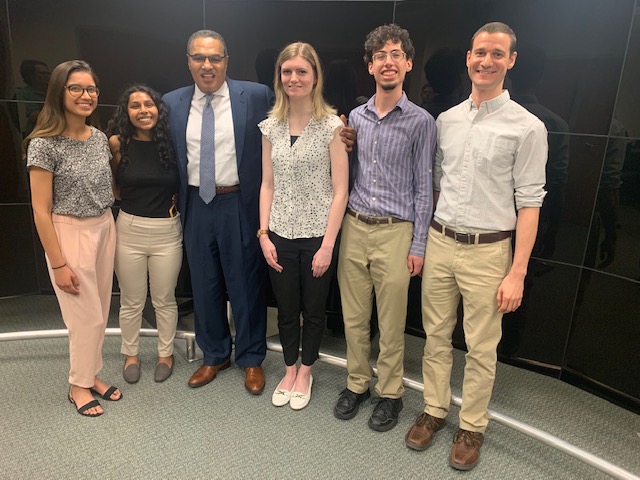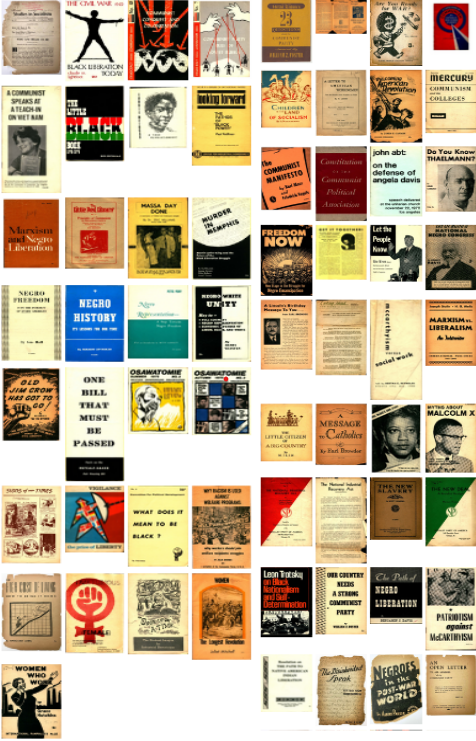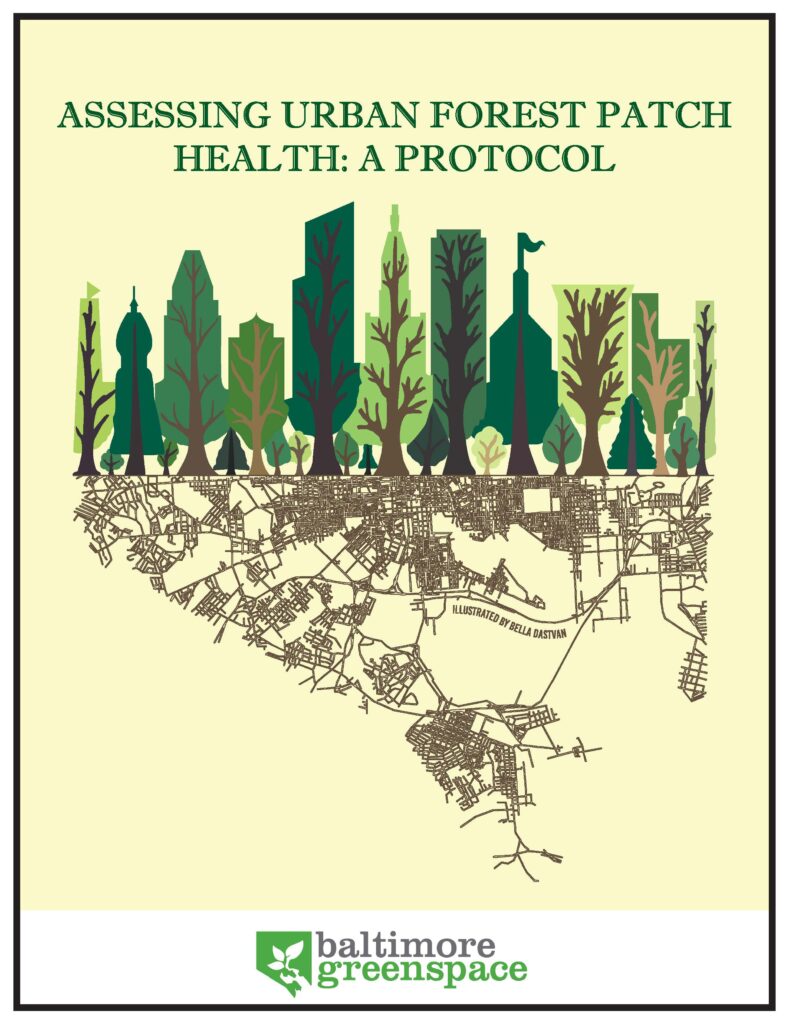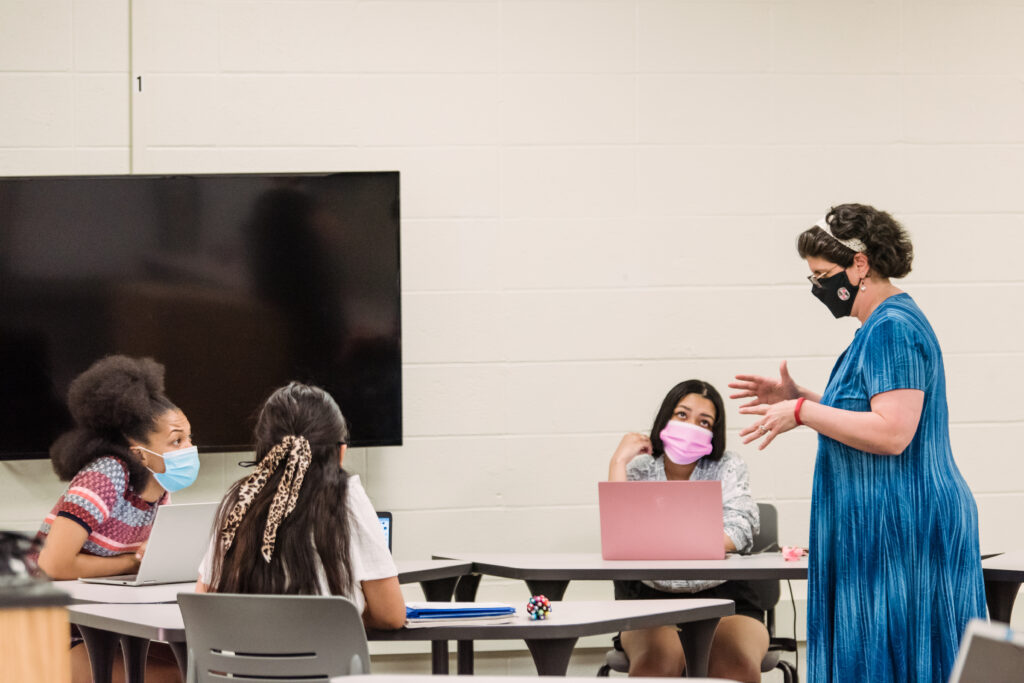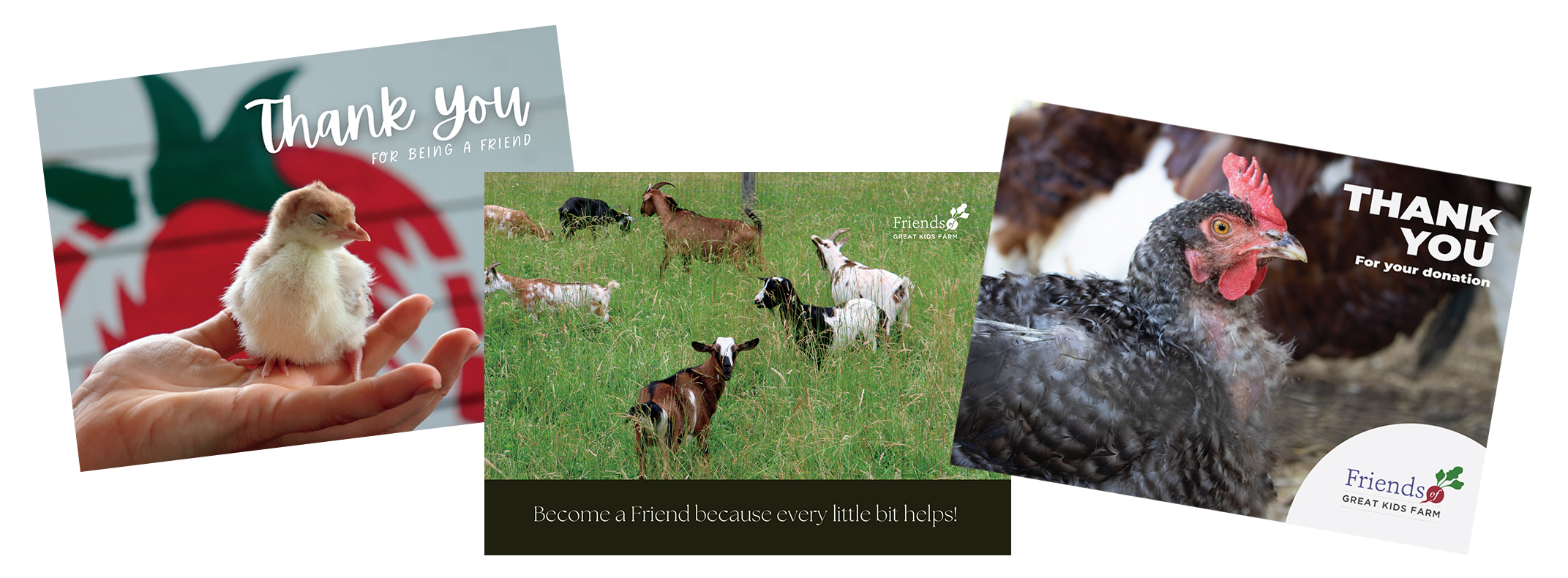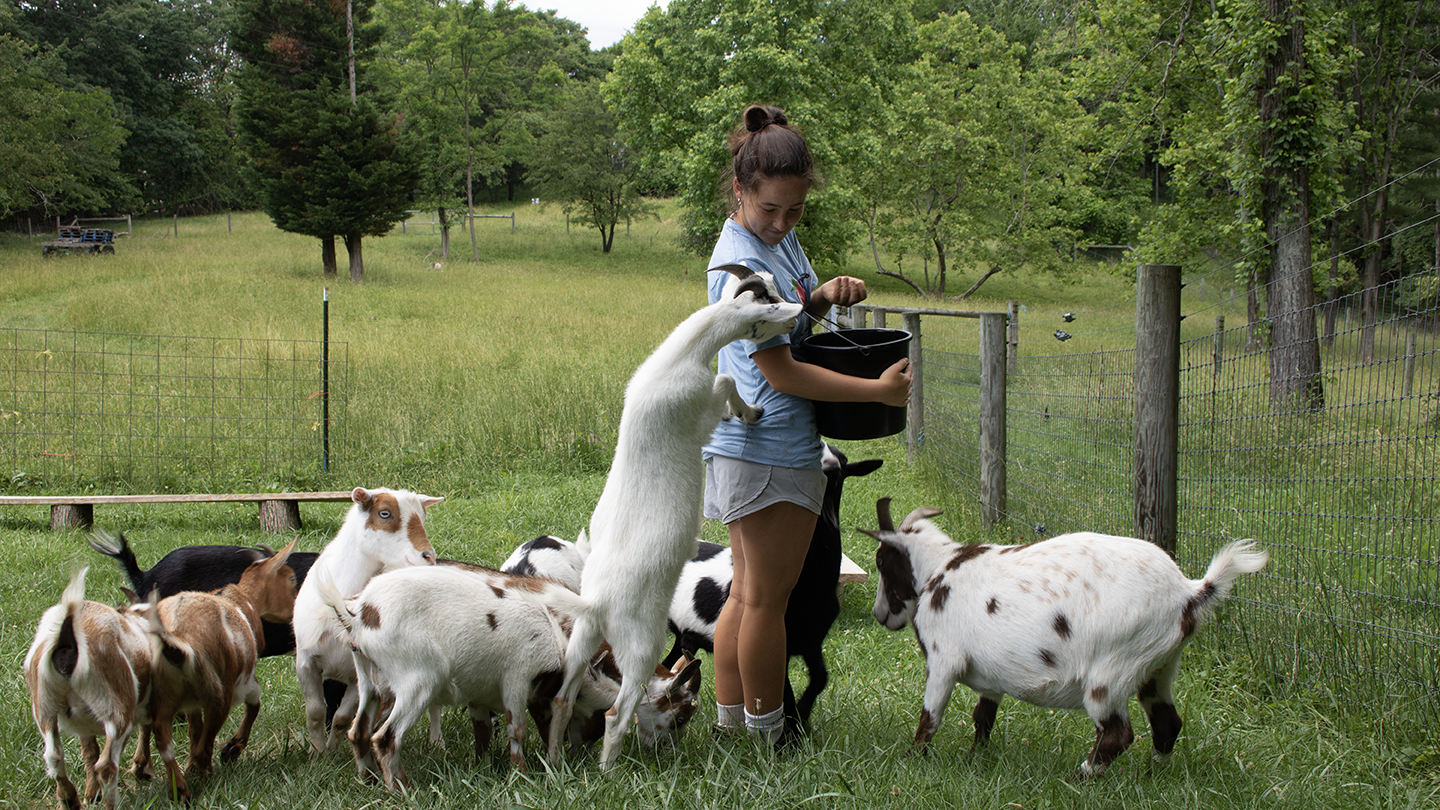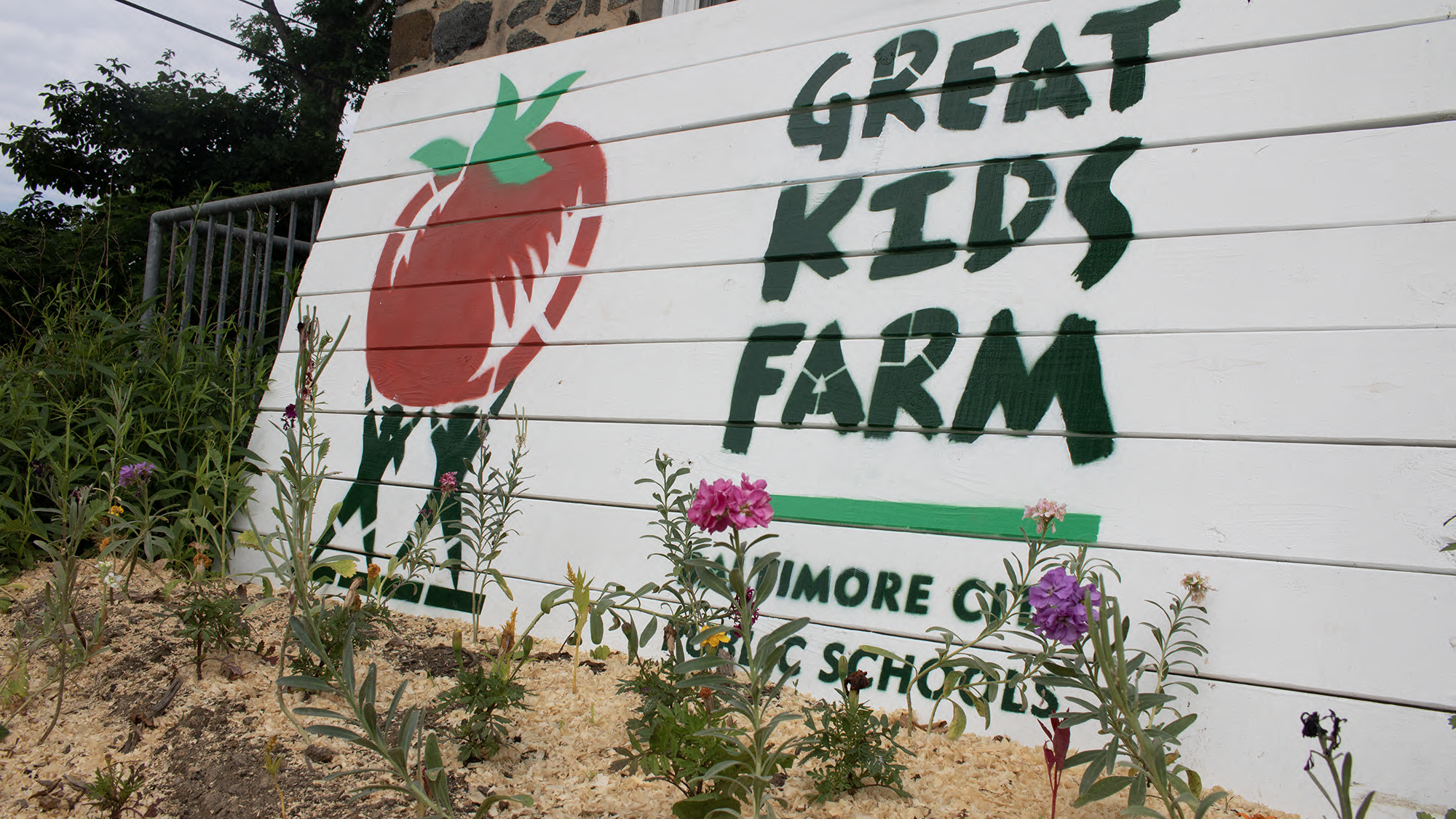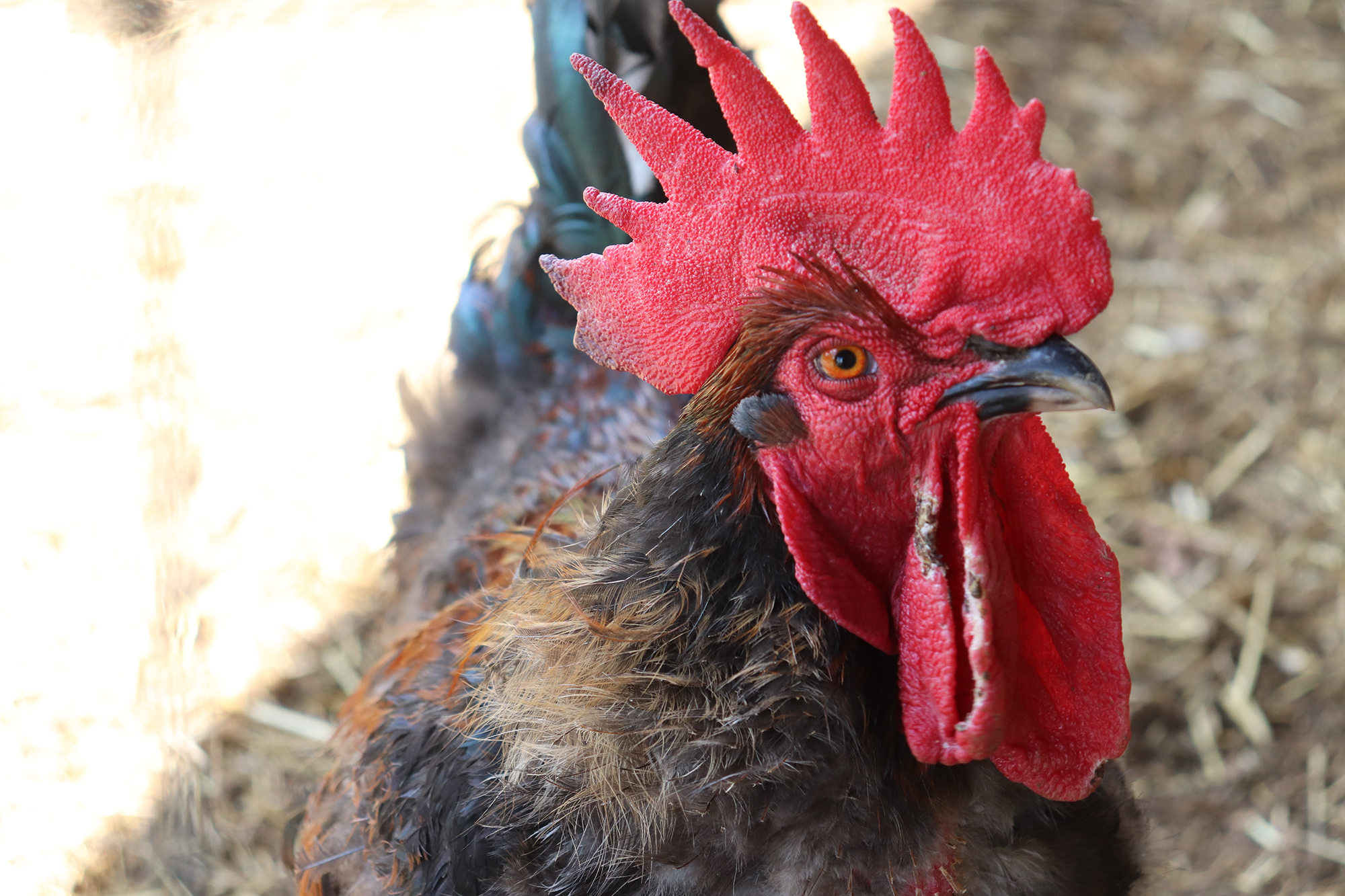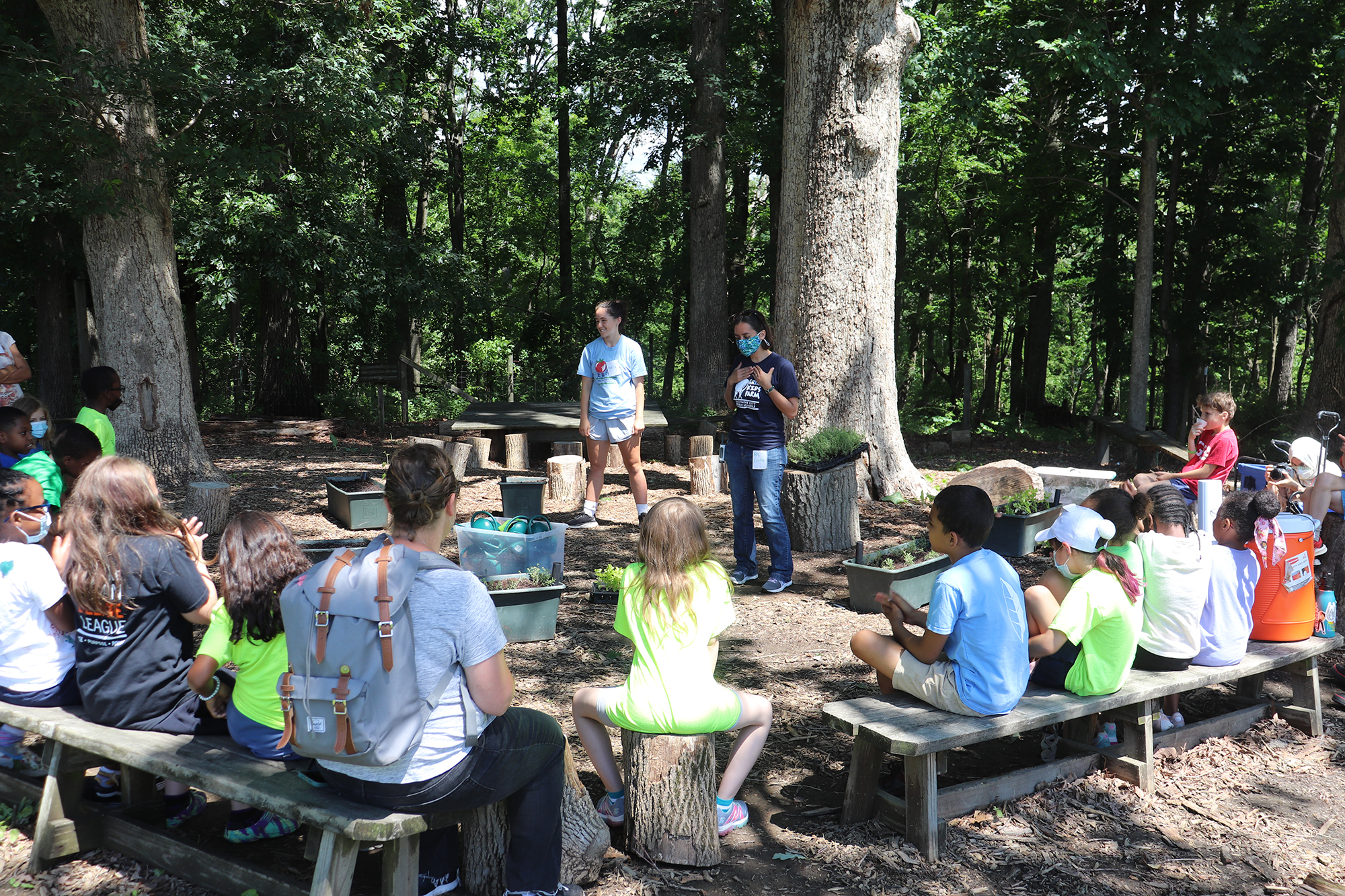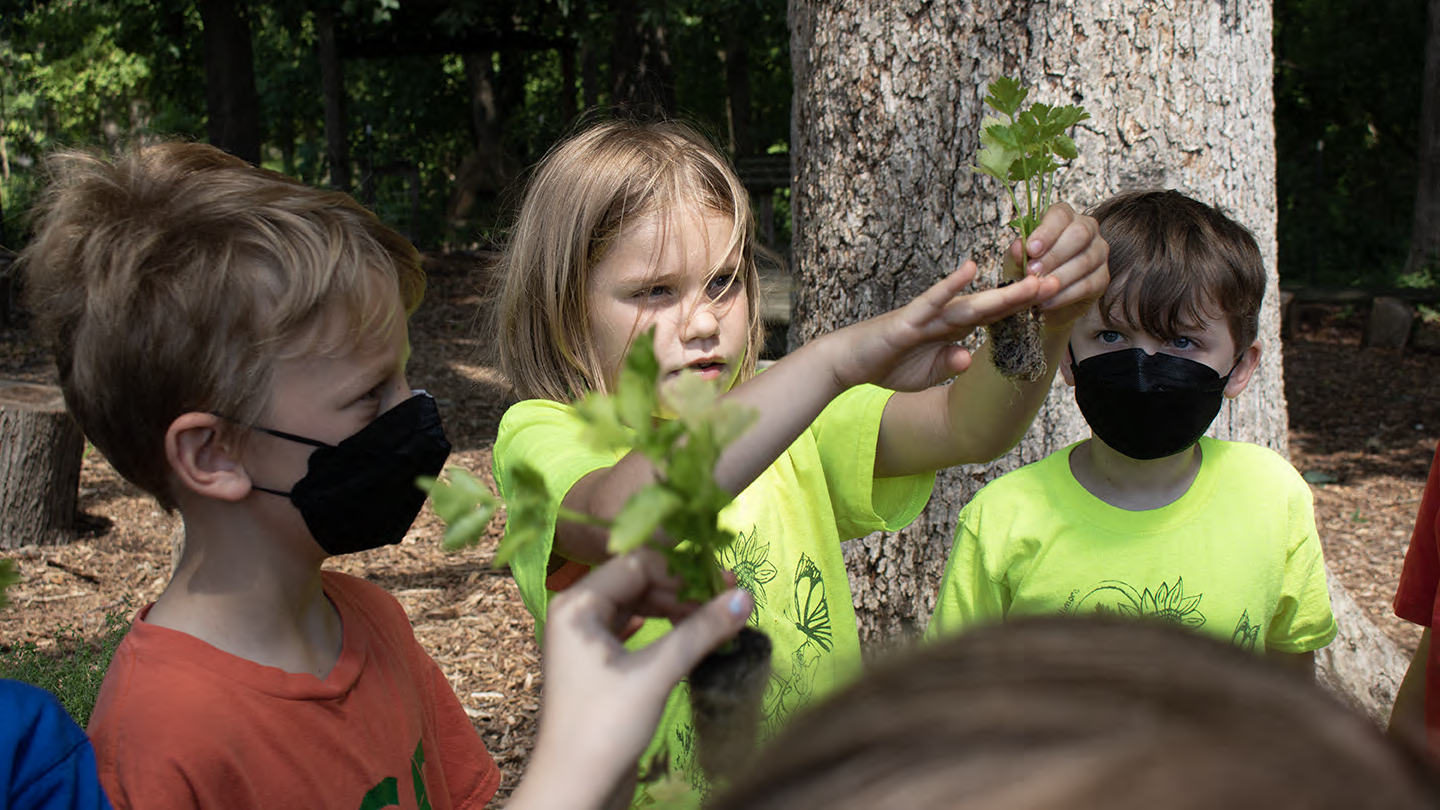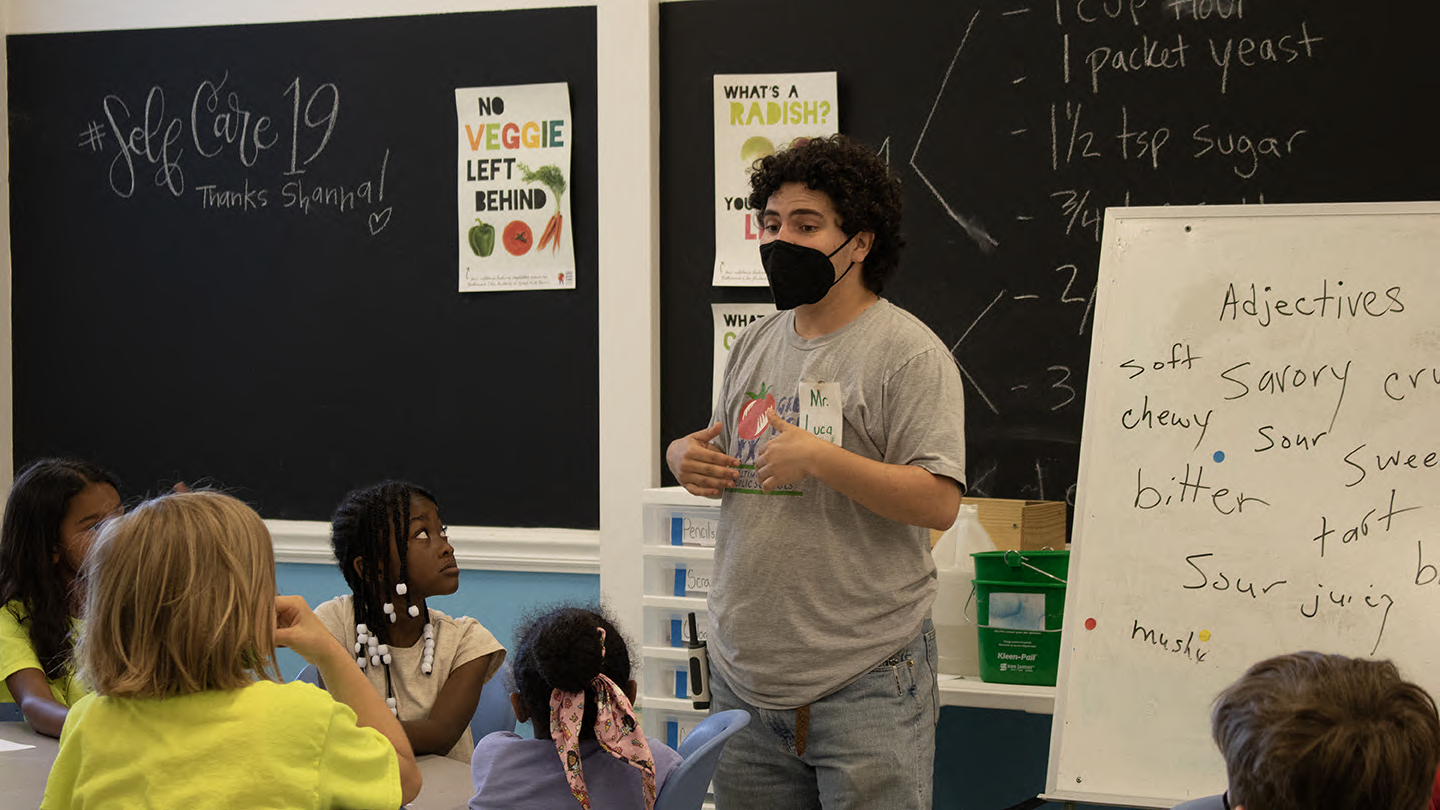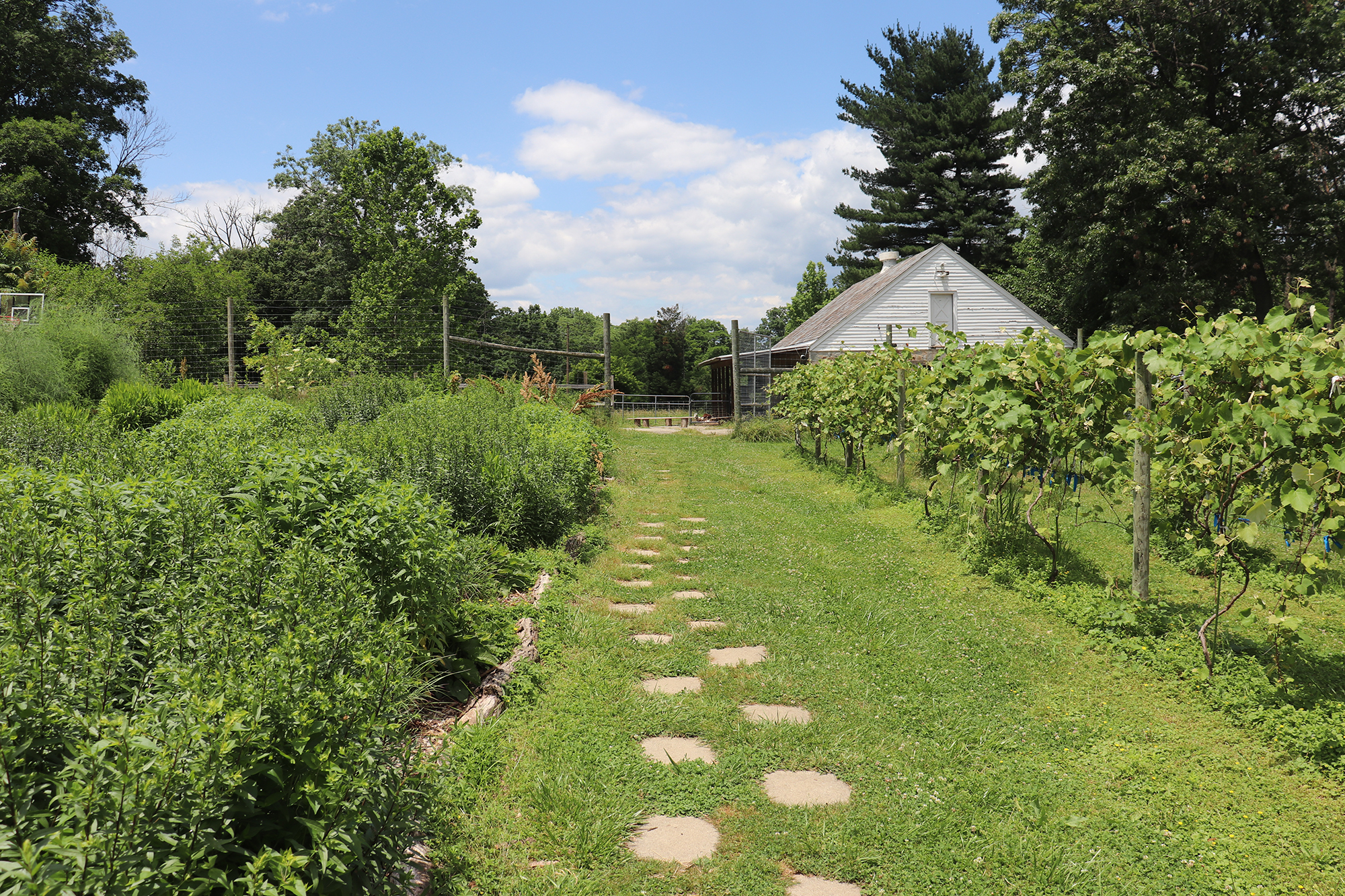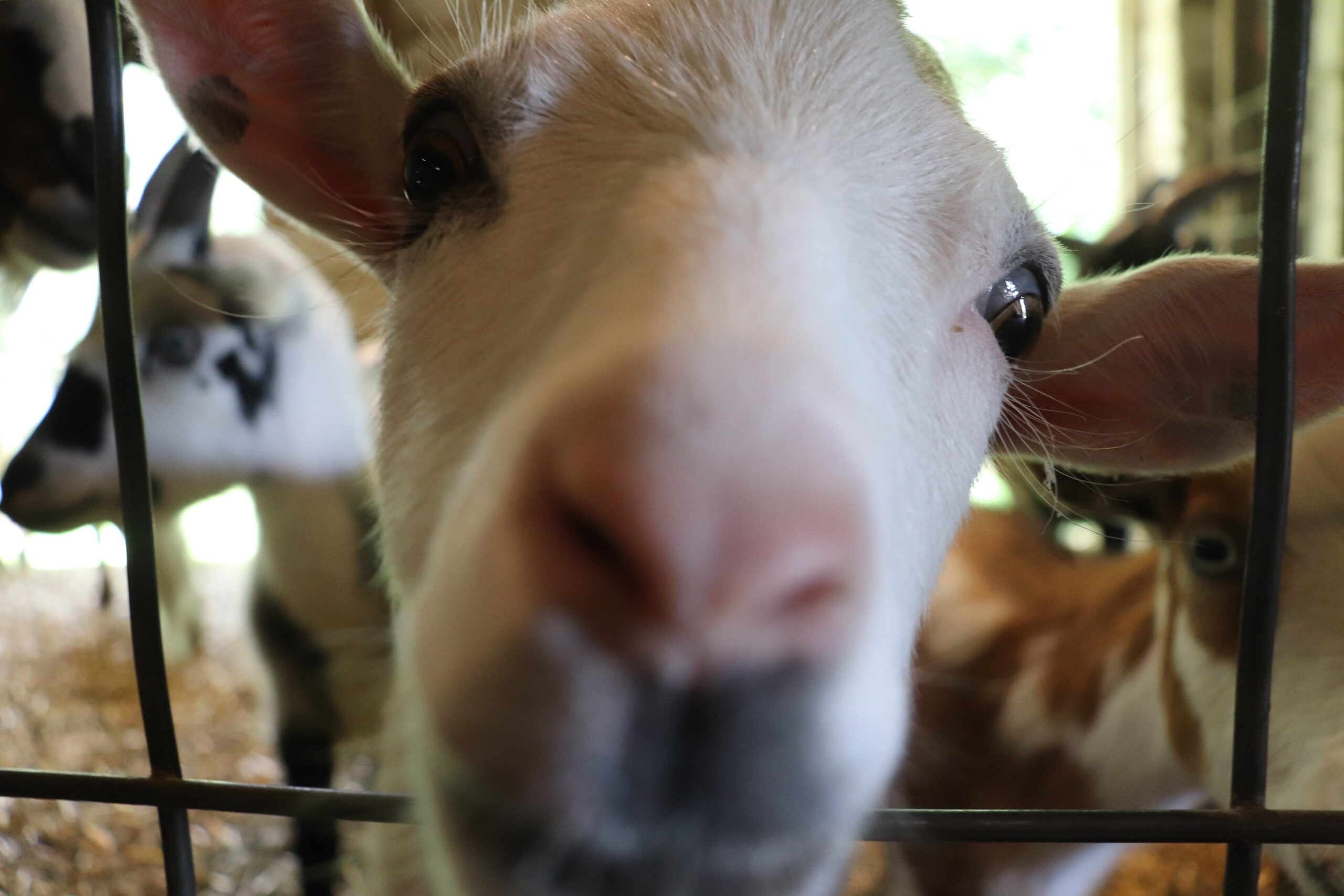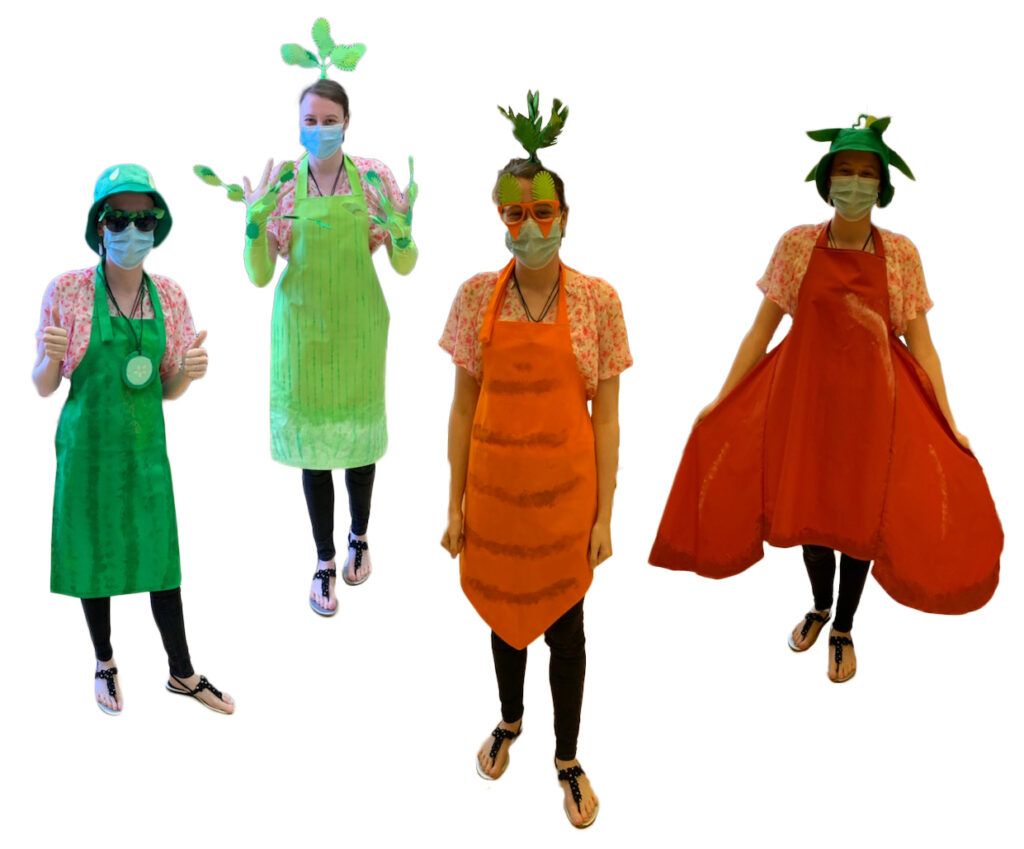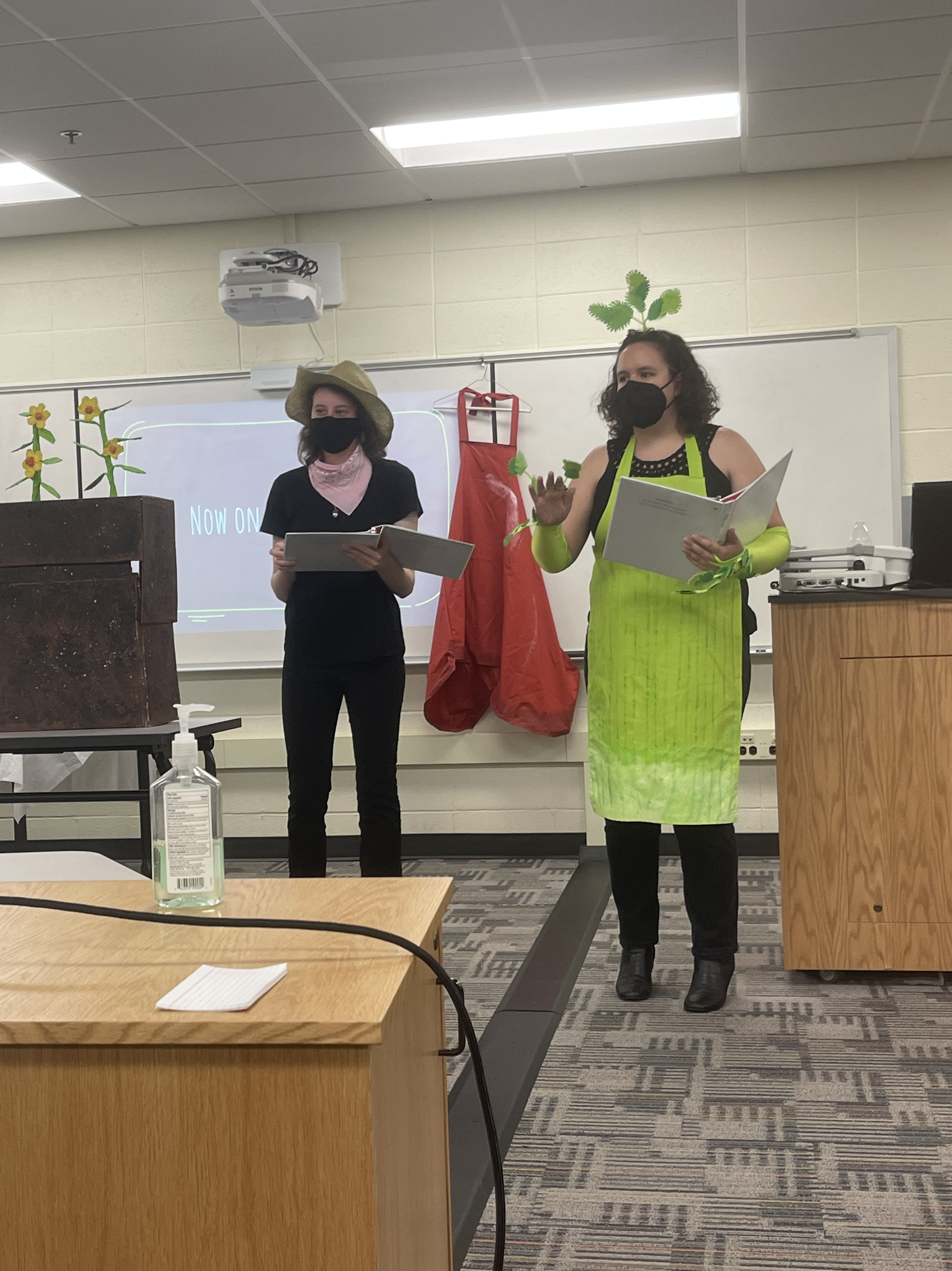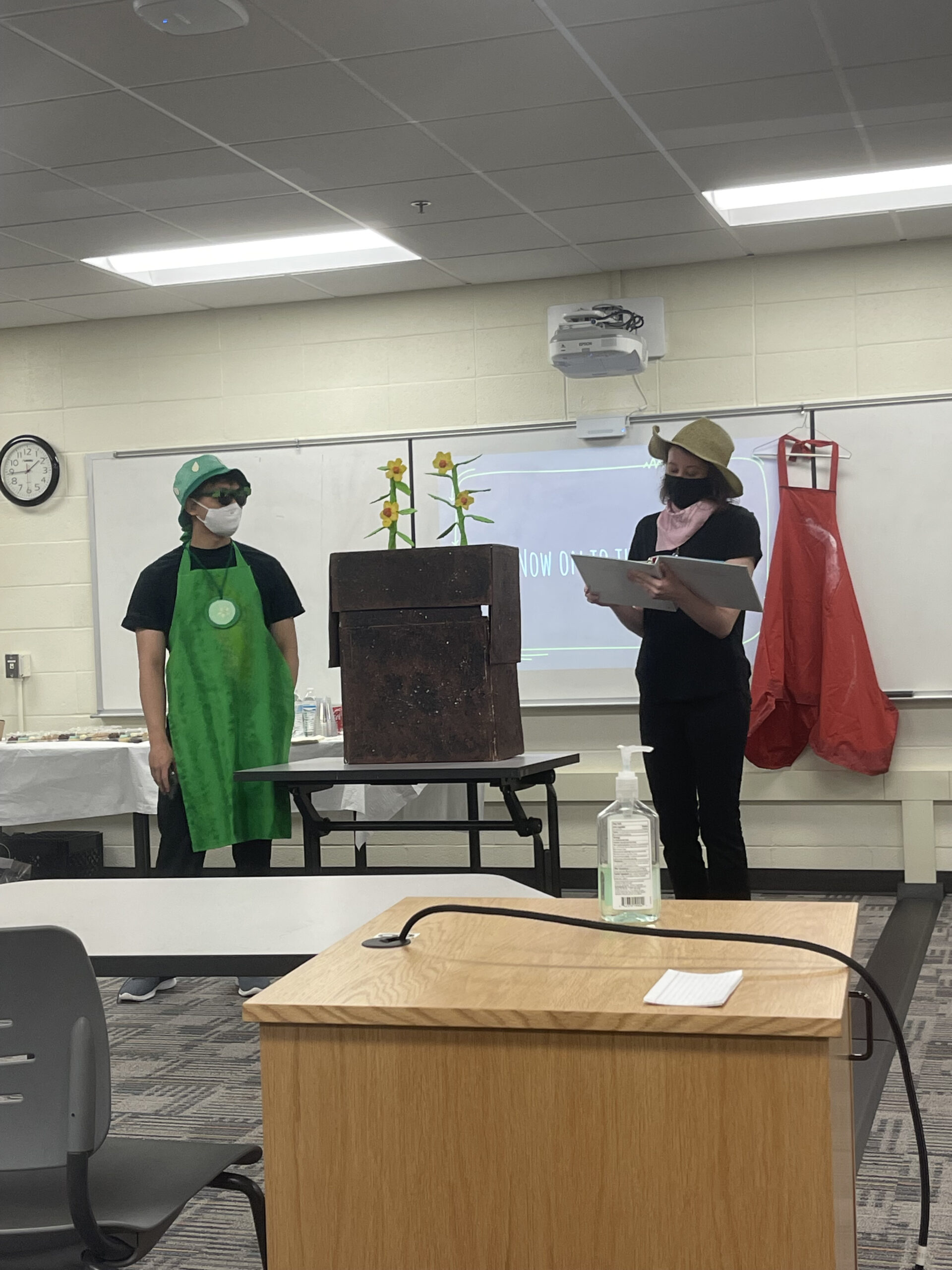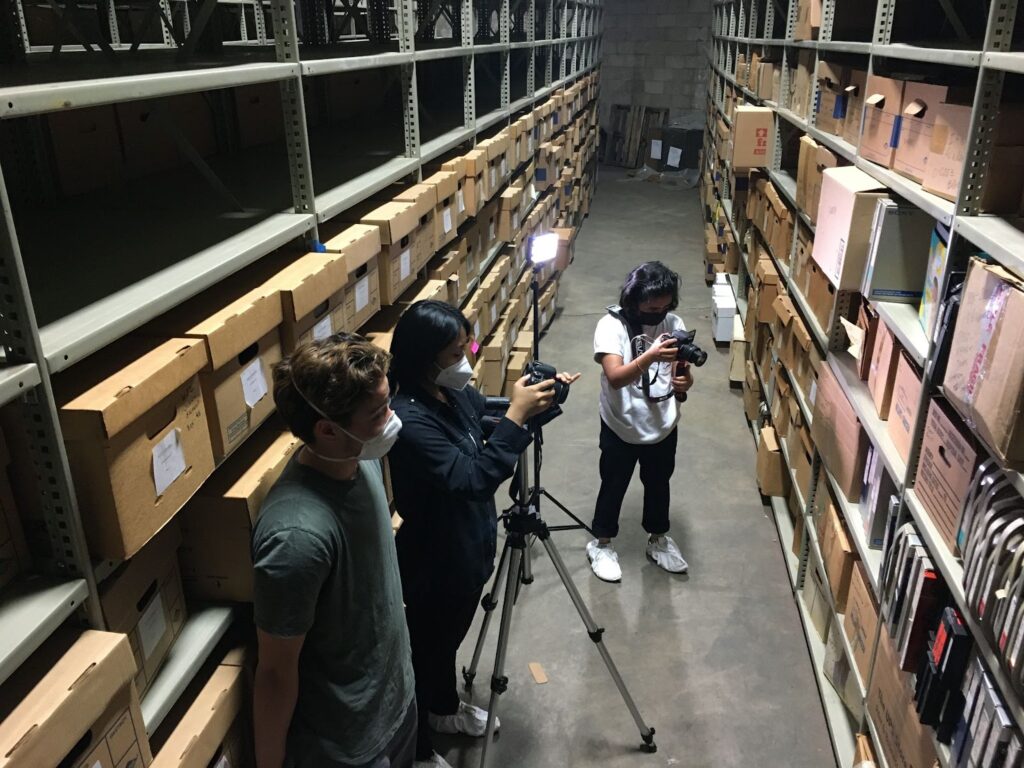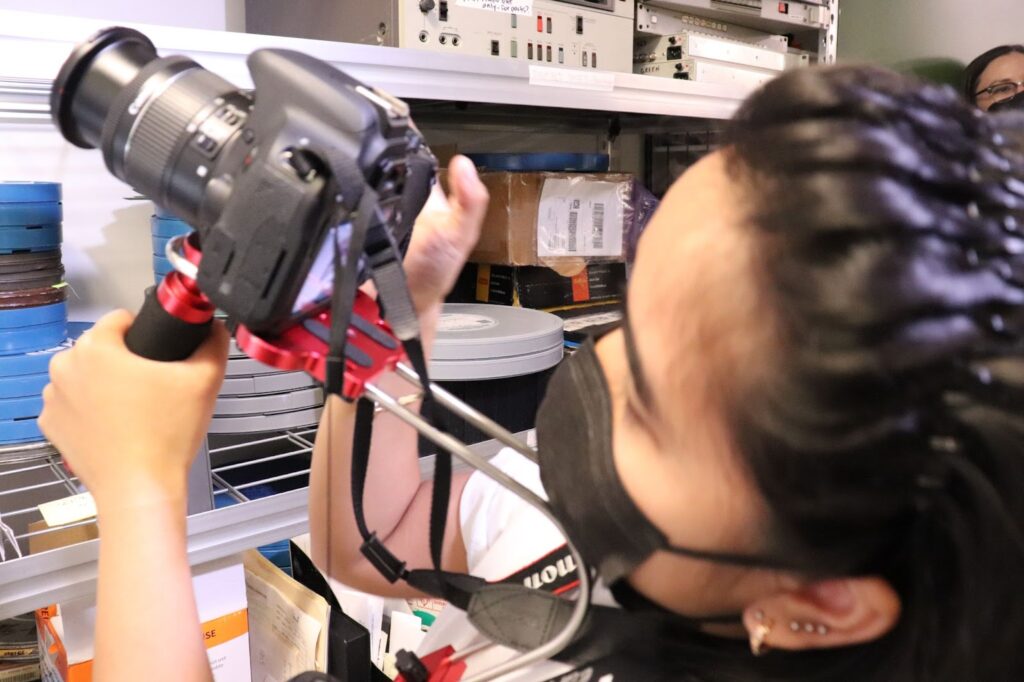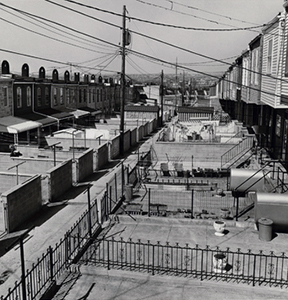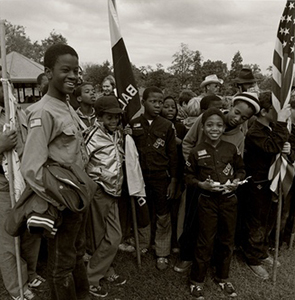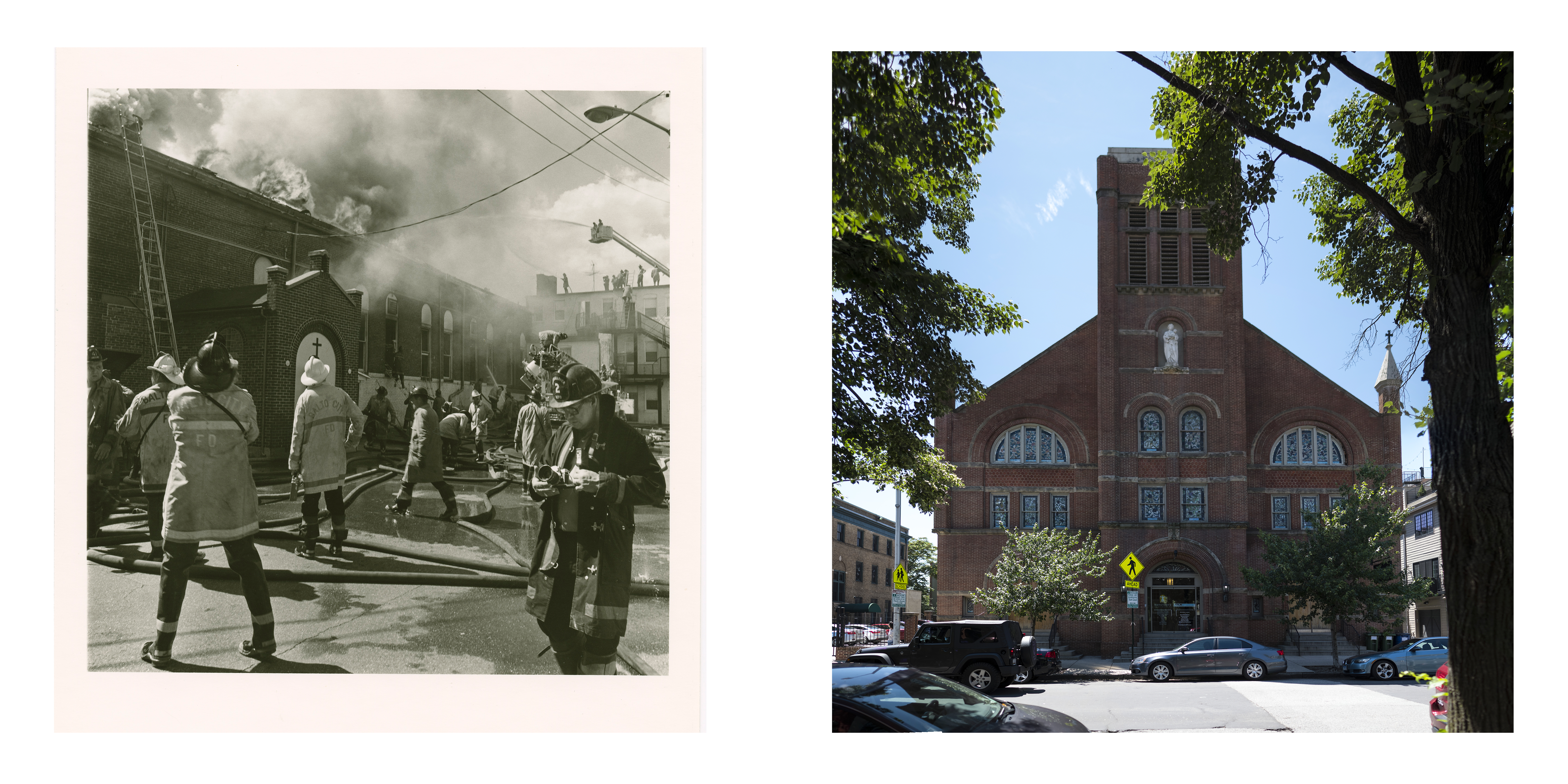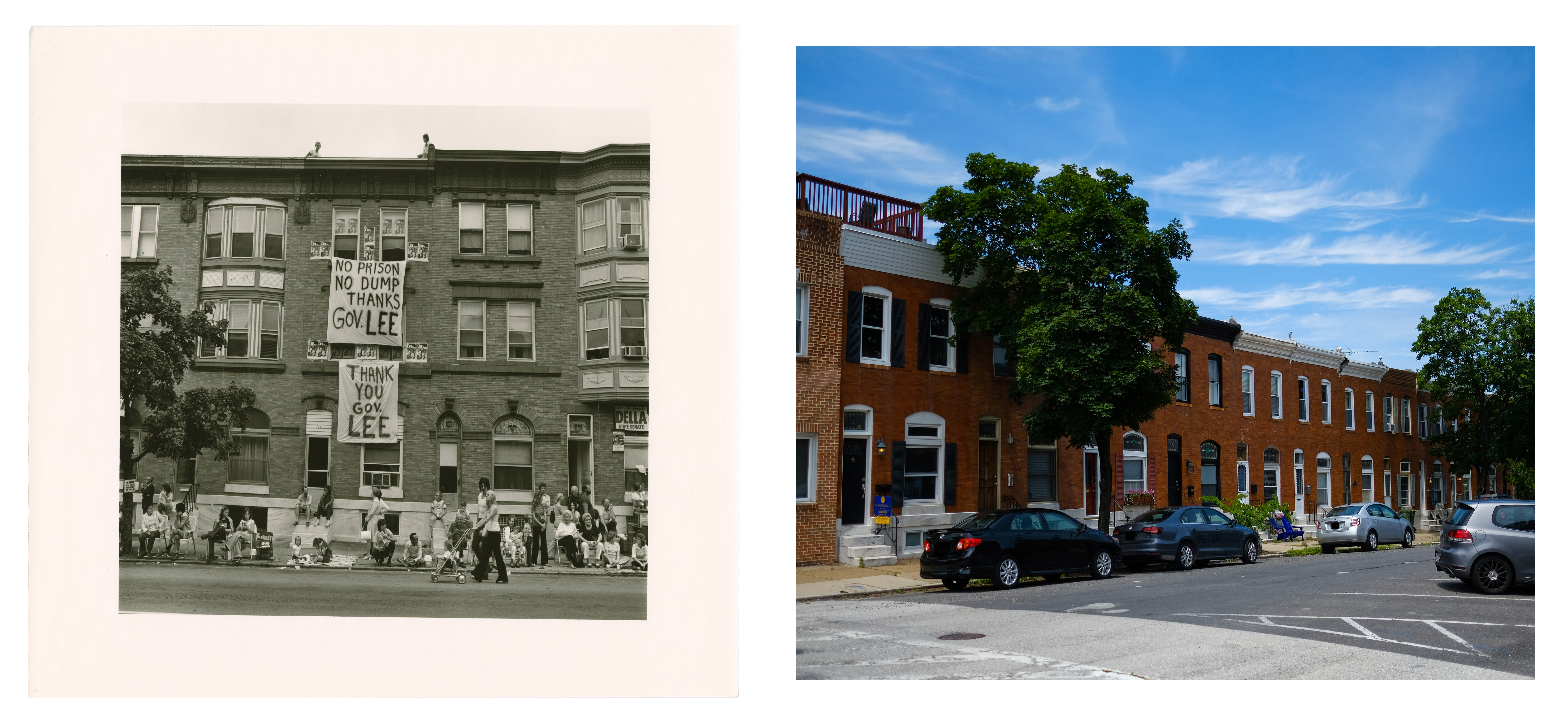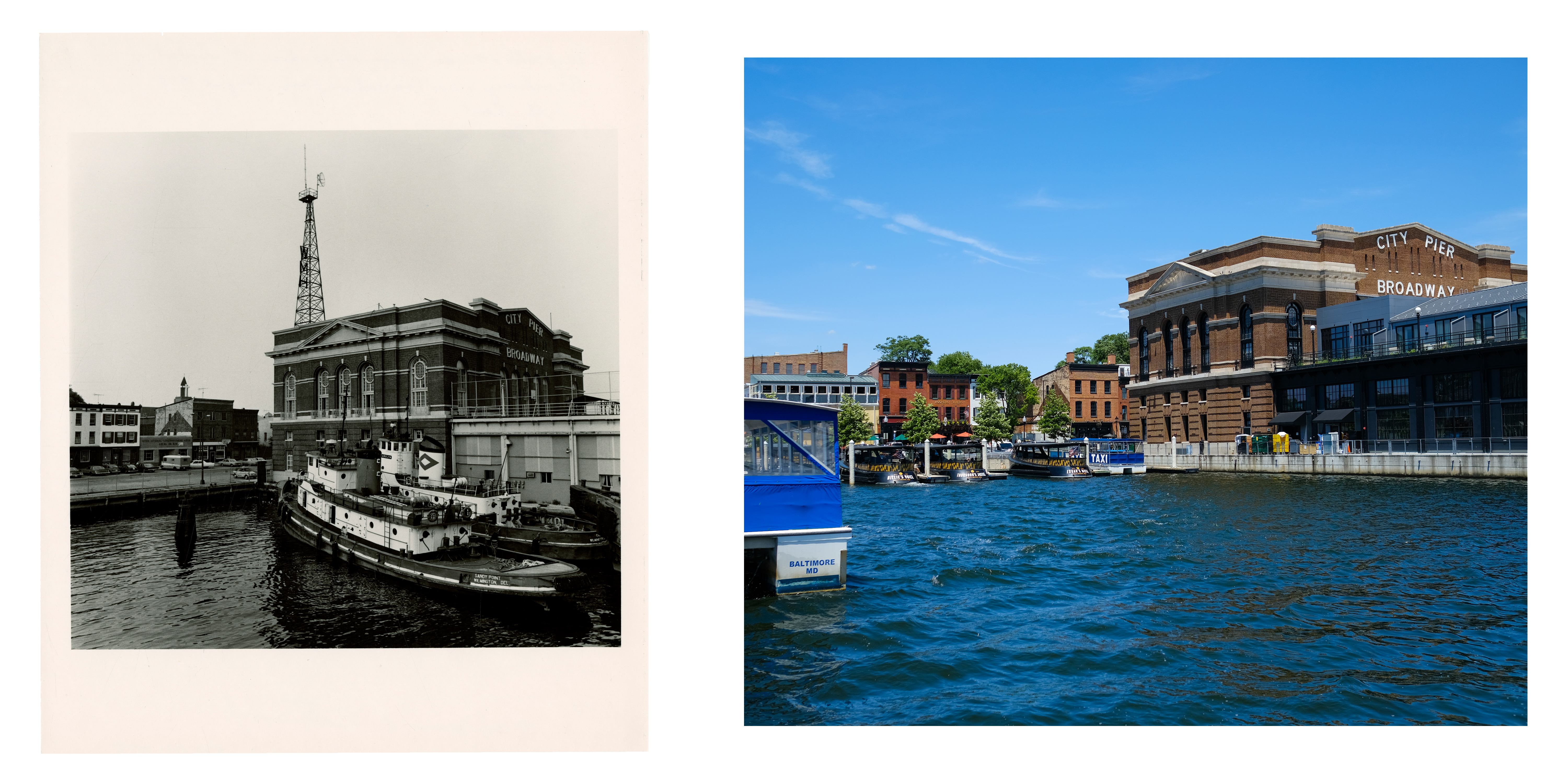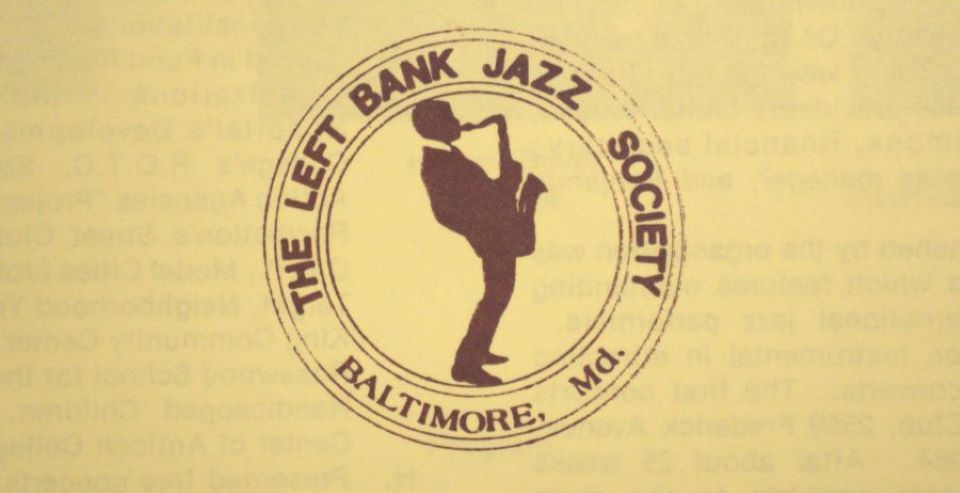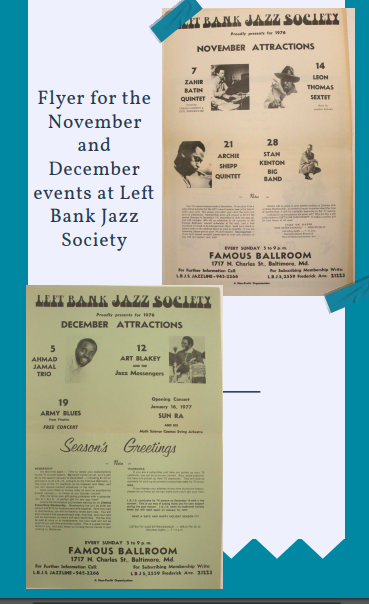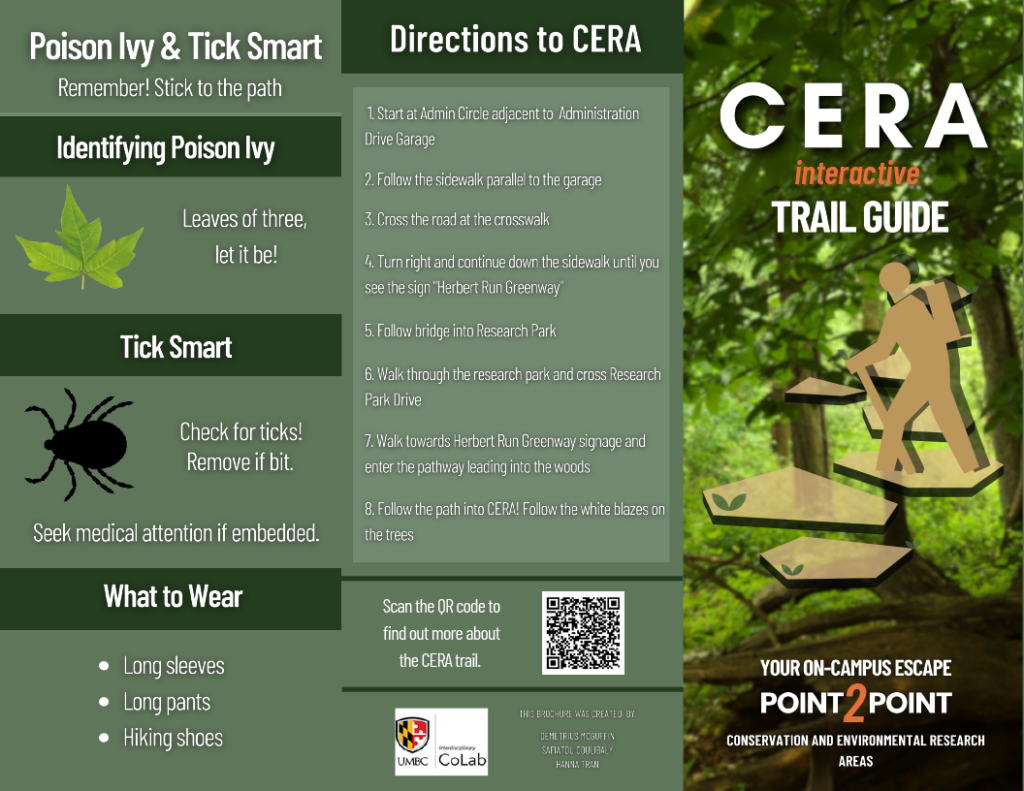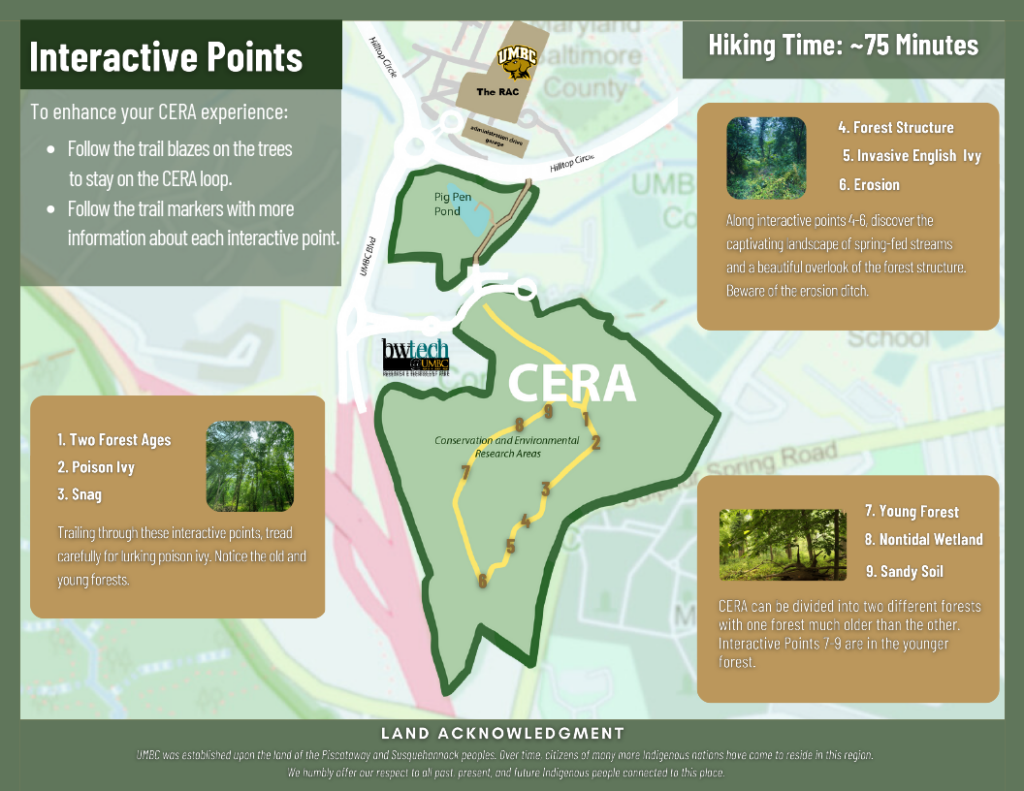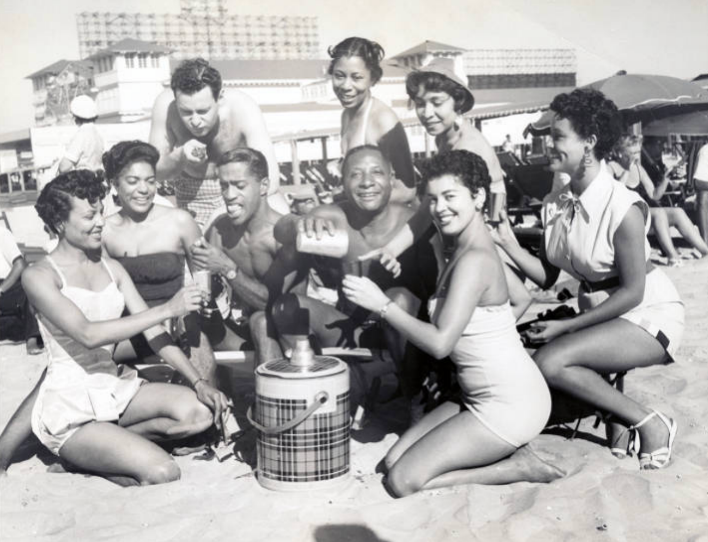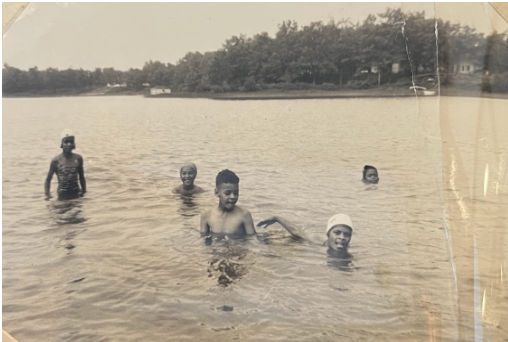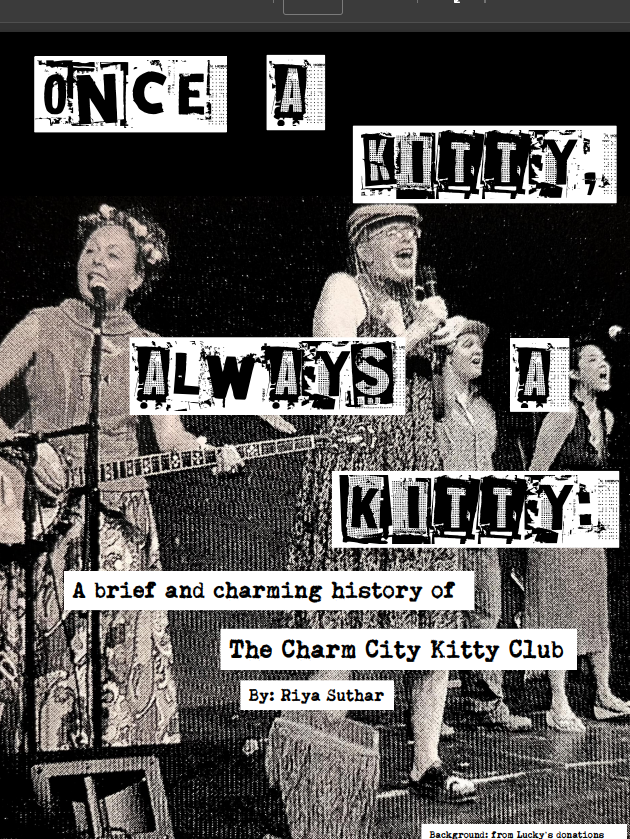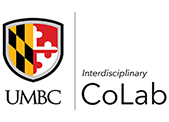Summer 2018
 Amazing Stories: Investigating the Coslet-Sapienza Fantasy and Science Fiction Fanzine Collection, Project Leader Donald Snyder, Senior Lecturer, MCS, examined UMBC’s Special Collections’ of science fiction fanzines, exploring themes of identity, community, and consumption, and produced a website for the Special Collections’ homepage that presents an overview of the collection’s contents and value for the general public.
Amazing Stories: Investigating the Coslet-Sapienza Fantasy and Science Fiction Fanzine Collection, Project Leader Donald Snyder, Senior Lecturer, MCS, examined UMBC’s Special Collections’ of science fiction fanzines, exploring themes of identity, community, and consumption, and produced a website for the Special Collections’ homepage that presents an overview of the collection’s contents and value for the general public.
Link to final product: https://umbcspecialcollections.omeka.net/exhibits/show/cosletsapienzafancoll
“Being a part of this pilot program has given me something to be immensely proud of, and something to look back on as an important milestone in my life.”
“I feel that working with others from different disciplines is absolutely required to not only create a better product, but to understand yourself better.”

Race and Social Justice: Stories of Transformation, Project Leaders Frank Anderson, Program Director, CHOICE and Lee Boot, Director IRC, documented the work of the UMBC Center for Truth, Racial Healing, and Transformation (TRHT) and Art of Transformation (AoT) in Baltimore in a digital story about the transformative understanding of race in that work and in their own lives.
Link to final product: maptu.irc.umbc.edu
You will need to create a username and password, then select the space called: CoLab – Race and Social Justice
“There’s something special about seeing a project through from beginning to end. Taking an idea all the way from conception to final product was rewarding in ways I hadn’t anticipated.”
“…I learned that the most powerful results come when you give the power to the individual who is sharing their story with you.”
UMBC Carbon Zero: Working Toward a Climate-Neutral Campus, Project Leaders Jasper Lewis, Research Professor, JCET and Kristin Anchor, Lecturer, MCS, investigated the work of the UMBC Sustainability Office and Climate Action Steering Committee to make UMBC climate-neutral and produced videos on as energy and waste reduction, transportation alternatives, climate research and education, and UMBC’s efforts in those areas.
Link to final products: https://www.youtube.com/channel/UC_cnkVjo95JMQDoalbznp2g
“The interdisciplinary CoLab was an innovative project that drove me to put forth my best self in ways that other projects might not. Through collaboration and story-based research, I feel I have gained invaluable skills that I will take with me throughout my career.”
“This project was ideal for opening my eyes to the ways in which all problems and solutions are interdisciplinary, and has encouraged me to think about my own future work in such a way.”
Summer 2019
Neighborhood: A State of Mind – The East Baltimore Documentary Photography Project
The interdisciplinary team of researchers examined the UMBC’s Special Collections’ vast holdings of photography, focusing specifically on photographic prints and archival material related to the East Baltimore Documentary Photography Project. From 1975 to 1976, photographers Linda Rich, Elinor B. Cahn, and Joan Clark Netherwood documented everyday life in East Baltimore, producing a vivid portrait of a community through photographs and oral histories. Their work resulted in a publication, Neighborhood: A State of Mind (1981.) Researchers on this project explored various themes including identity, community, and urban transformation. Based on this research, the team produced a website, housed on the Special Collections’ homepage, presenting an online exhibition of selected works from the collection, along with four to six original short research essays.
https://umbcspecialcollections.omeka.net/exhibits/show/ebdpp
Baltimore, the Second Ellis Island: Making Baltimore’s Nineteenth to early Twentieth Century Immigration History Come Alive
The interdisciplinary team of researchers worked closely with the Baltimore Immigration Museum to develop educational materials to help promote the Museum’s mission of sharing Baltimore’s immigration history. Through archival research and interviews, the team developed a video on the general history/documentation of Baltimore’s immigration history during the “Great Wave of Immigration” from 1830 to 1914, which brought over 1.2 million European immigrants to Baltimore. The team also updated the Museum’s website and created a promotional brochure on the Museum.
Link to final product:
http://immigrationbaltimore.org/
Stories on a Sphere: Climate change in the marine ecosystem of the Arctic
The interdisciplinary team examined earth science research about the impacts of climate change on the marine ecosystem across the Arctic and produced a digital story about these impacts designed for spherical screen platforms. Students dived deeply into expedition video and multimedia, scientific publications, GIS, and remote sensing data to select and assemble spherical maps, video, and animations for the presentation. Based on their experiences, the team also produced a how-to document to help earth science researchers learn to bring their research onto these innovative storytelling formats. Participants practiced their pilot presentation at the Goddard NASA Visitor Center at the end of the summer session.
Link to final product:
https://drive.google.com/file/d/1wlXcAEsW2U7tWRwV51uVFdzu-xmpubmQ/view?ts=5d4c584f
Summer 2021
Radical Literature in the First Half of the 20th Century
Watch the Radical Literature project team’s final presentation video: https://youtu.be/2Z7D_VXMlfc
Faculty Project Leader: Dr. Kate Drabinski, Gender, Women’s, + Sexuality Studies
Student Team Members: Gabe Brunal, Sarah Nove, and Avnee Sharma
Project description:
An interdisciplinary team of student researchers explored the UMBC Special Collections holdings in radical literature. The collection boasts important primary sources for understanding the history of socialist movements in the United States, and debates within that movement about internationalism, racism, sexism, and other issues. Based on their research, the student team created an online exhibition for the Special Collections website that includes a historical timeline, digital stories, and research essays about the collection. The team also created a digital pamphlet about the collection that borrows from the style of the documents themselves to advertise the collection. The project’s goal was to create researched content for public use housed on the UMBC Library’s Special Collections page to make more public the collection in ways that encourage researchers, including students, faculty, and researchers from elsewhere, to use the collection.
Please visit this link to view the student team’s final product: https://umbcspecialcollections.omeka.net/exhibits/show/radlit
A Protocol Manual for Urban Forest Health as Citizen Science: From Patch Sampling to Public Advocacy
Watch the Urban Forest Health as Citizen Science project team’s final presentation video: https://youtu.be/DIi-iFzsESg
Faculty Project Leader: Dr. Jennifer Maher, English
Student Team Members: Bella Dastvan, Tevyur Mosley, and Alida Schott
Project description:
The mission of the non-profit organization Baltimore Green Space is “to be a leader and partner in ensuring the communities’ open spaces and forest patches are considered priority assets in the growth and redevelopment of Baltimore. We believe that green spaces provide unmatched opportunities for recreation, civic engagement, and community revitalization. It is essential to retain existing natural spaces that have ecological value and biodiversity. Our impact includes the scientifically documented social, health, environment, and economic benefits that create strong neighborhoods and a vibrant city.” This interdisciplinary team of student researchers produced an urban forest health research protocol manual. Building on work produced from collaboration among Baltimore Green Space, Dr. Matt Baker of UMBC, and the USDA Forest Service, current and former students involved in the Summer Forest Patch Project, and community land stewards, the manual was created for use in the field to train citizen practitioners engaged in forest health to develop persuasive information related to urban forest health, and to offer guidelines for how they can disseminate data generated by the field protocol to a more general public.
Please visit this link to view the student team’s final product: https://baltimoregreenspace.org/wp-content/uploads/2018/09/urban-forest-patches-manual.pdf
From the Civil Rights Movement to Black Lives Matter: Oral Histories of the Lived Experience in Baltimore
Watch the Civil Rights to BLM project team’s final presentation video: https://youtu.be/UGvWsb-xiGA
Faculty Project Leader: Dr. Nancy Kusmaul, Social Work
Student Team Members: Kayla Brooks, Deysi Chitic-Amaya, and Lorra Toler
Project description:
The Black Lives Matter movement in Baltimore has been in the news frequently since the death of Freddie Gray and most recently with the death of George Floyd. This narrative-based project asked questions about what we can learn from history to inform the current movement. Through this inquiry, the student project team began to tell the story of racial justice activism in Baltimore from the Civil Rights movement to the Black Lives Matter movement, building on existing data from the Maryland Historical Society. The student team created new data through interviews, produced a small collection of oral histories of both civil rights and black lives matter leaders, produced blog entries to introduce these leaders to a wider audience, and created an integrative podcast based on the oral histories. Through this project, the student team learned about the history of civil rights in Baltimore and gained skills in interviewing, podcasting, and completing collaborative, interdisciplinary projects.
Please visit this link to view the student team’s final product: http://contentdm.ad.umbc.edu/digital/collection/bmoreoralhist
And please visit this link to listen to the podcast created by the student team:
https://iganson.podbean.com/e/episode-4-the-lived-experience-in-baltimore-with-deysi-chitic-amaya-lorra-toler-and-kayla-brooks/
Summer 2022
Marketing for NonProfits: Friends of Great Kids Farm
Project Leader: Dr. Jennifer Maher, English
Project Team Student Interns: Bisma Ahmed, Lujane Elkhatib, and Allison Smith
Project Description
One of the most pressing challenges for small nonprofits is harnessing communication to increase visibility and to maximize fundraising efforts. This interdisciplinary team of student researchers helped Friends of Great Kids Farm (Friends) address this challenge by developing a communication plan and marketing materials in order to better support its work for Great Kids Farm, owned and operated by Baltimore City Public Schools (BCPS). Founded in 2011, Friends of Great Kids Farm works with City Schools to provide students with hands-on opportunities at the Farm, connect farm to plate, encourage environmental literacy, and promote healthy habits for the whole child (Friends’ Mission Statement). Although Friends has raised over $1 million for the Farm, it still faces ongoing challenges related to visibility, marketing, and fundraising. To support and further their mission, this CoLab team developed a communication plan and marketing materials to (1) increase awareness among BCPS teachers and families, as well as potential funders, partners, and supporters; and (2) raise funds for Great Kids Farms by engaging stakeholders.
See the movie about Great Kids Farm created by this project team: https://www.friendsgkf.org
Here are some of the postcards created by this project team to help market, promote, and fundraise for Great Kids Farm.
Below are just some of the excellent photos taken by the project team during their field trips to Great Kids Farm. They used these images to create sophisticated marketing and fundraising materials. They also created short videos for social media to spread the word about the wonderful work and community outreach activities of Great Kids Farm.
Great Kids Farm: Farmapalooza
Project Leader: Katie Hileman, Theatre
Project Team Student Interns: Jennie Hardman, Emily Taylor, and Richard Wu
Project Description
This interdisciplinary team of student researchers reimagined and reinvented an on-the-road interactive theatre performance for elementary school children called Farmapalooza. The play uses vegetable “superheroes” to introduce children to the Farm and teach them about the growing, cooking, and eating of nutritious food. The project team expanded the number of vegetable characters to make the play more versatile and dynamic across seasons; developed an engaging and interactive script to introduce children to the vegetable superheroes; and made a set of portable, fun, and colorful costumes and props for the performers to use.
Below are photos of the wonderful and colorful characters and costumes created by the Farmapalooza project team and pictures of the project team in action as they perform the play they wrote to share the vegetable characters and nutrition information with elementary school students.
Discovering Baltimore’s History Through Broadcast: A Guide to Researching Mid-Atlantic Regional Moving Image Archive’s WJZ Collection
Project Leader: Kristen Anchor, Media and Communication Studies
Project Team Student Interns: Theo Reinert, Fej Torres, and Sophia Wahl
Project Description
This interdisciplinary team of student researchers explored the Mid-Atlantic Regional Moving Image Archive’s (MARMIA) collection, focusing on their WJZ-TV Collection which contains a/v materials including daily news broadcasts, documentary specials, sports footage, and locally produced shows created by WJZ from 1960 through 2000. Researchers explored how the collection documents the history of broadcasting in Baltimore, the history of the city itself, and the broader national context of this time period. Based on their research, the team created a webpage housed on the MARMIA website giving an overview of the collection and its significance, highlights from the collection, and direction on how to search the collection. The webpage includes both written essays and videos created during the internship. This was a unique research opportunity for our student interns, as the WJZ-TV Collection is a very rare collection— nation-wide there are only a handful of network affiliate station archives that have survived and are this comprehensive.
Watch the two videos made by the project team here:
And view their webpage to read their essays at this link: https://marmia.org/2022/06/28/umbc-interdisciplinary-colab-a-guide-to-researching-marmias-wjz-collection/
Here’s the MARMIA project team at work:
Oral Histories of the East Baltimore Documentary Photography Project
Project Leader: Dr. Kate Drabinski, Gender, Women’s, + Sexuality Studies
Project Team Student Interns: Nia Hopkins, Daniela Torres, and Maria Yiannouris
Project Description
This interdisciplinary team of student researchers examined the oral histories housed in UMBC Special Collections as part of the East Baltimore Documentary Photography Project collection. This archive contains a rich collection of photographs and oral histories assembled between 1975-1981 that document the changing nature of East Baltimore neighborhoods. This year’s researchers used the oral histories to explore questions of racial and ethnic identity, urban change, and the role of storytelling in making community in East Baltimore. Based on this research and building on previous work done by CoLab researchers in 2019, the team built a public-facing website that highlights knowledge from the oral histories through research essays and new oral history interviews to explore the questions raised in the original project with East Baltimoreans today. The project created researched content for the Special Collections website to encourage researchers to use and add to the collection.
View the webpage created by the project team at: https://umbcspecialcollections.omeka.net/exhibits/show/ebdpp/oralhistories
And here are some of the photographs from the original photodocumentary project:
Summer 2023
Jazz and Justice: An American Art Form as Civic Deliberation
Project Leader: Dr. Earl Brooks – English
Student Interns:
- Zachary Bradley – Major: Music Technology, Minors: Korean & Spanish
- Bethan Cruise – Majors: Music Performance and MLLI (Chinese Language & Culture)
- Adi Mwangi – Majors: Animation and Mathematics
Project description
Celebrated trumpeter Wynton Marsalis calls jazz a model of participatory democracy and integration. Its performance as well as its complex history bridge the divides between art, rhetorical invention, and civic deliberation. At a time when democracies around the world are grappling with the immense challenges of polarization, wealth inequality, mistrust of institutions, and a media landscape that is as disorienting as it is informative, the history and vitality of jazz takes on a new importance. What does jazz teach us about navigating the issues that paralyze and fracture public consensus? This CoLab project team wrestled with such questions by exploring the local history of jazz in Baltimore. Students worked with the Baltimore Jazz Alliance to create content to educate the public about the history and importance of jazz for the Alliance’s newsletter and website. Students are also worked with archival materials in UMBC’s Special Collections.
CLICK HERE to visit the website created by the CoLab interns and to learn about the Left Bank Jazz Society of Baltimore and the UMBC Collection
CLICK HERE to listen to the podcast created by the CoLab interns
CERA: Conservation Marketing & Engagement
Project Leader: Dr. Jennifer Maher – English
Student Interns:
- Safiatou Coulibaly – Major: Information Systems
- Demetrius McGuffin – Major: Geography & Environmental Studies, GIScience Certificate
- Hanna Tran – Major: Animation, Minor: Cinematic Arts, MBA Prep Certificate
Project description
Students on this CoLab project team created materials to increase physical and virtual engagement with UMBC’s Conservation and Environmental Research Areas (CERA). Established in 1997, CERA was created to support environmental education and conservation. At present, CERA covers about 50 acres of the UMBC landscape and is located in two different areas. The larger tract, covering approximately 45 acres of the south end of the main campus, is comprised of a wide variety of ecological conditions: mature upland forest, early- and mid- successional forest, and riparian and wetland environments. The second, and much smaller CERA area (about 3 acres), surrounds Pigpen Pond. Management of CERA is guided by the need to maintain these landscapes as natural areas to be preserved and protected for approved uses in education, research, and wildlife observation. To facilitate the use of CERA for varied purposes, this CoLab project team redesigned the CERA website to include archival and educational materials, created a brochure to publicize CERA, and developed new signage at the pond and trail.
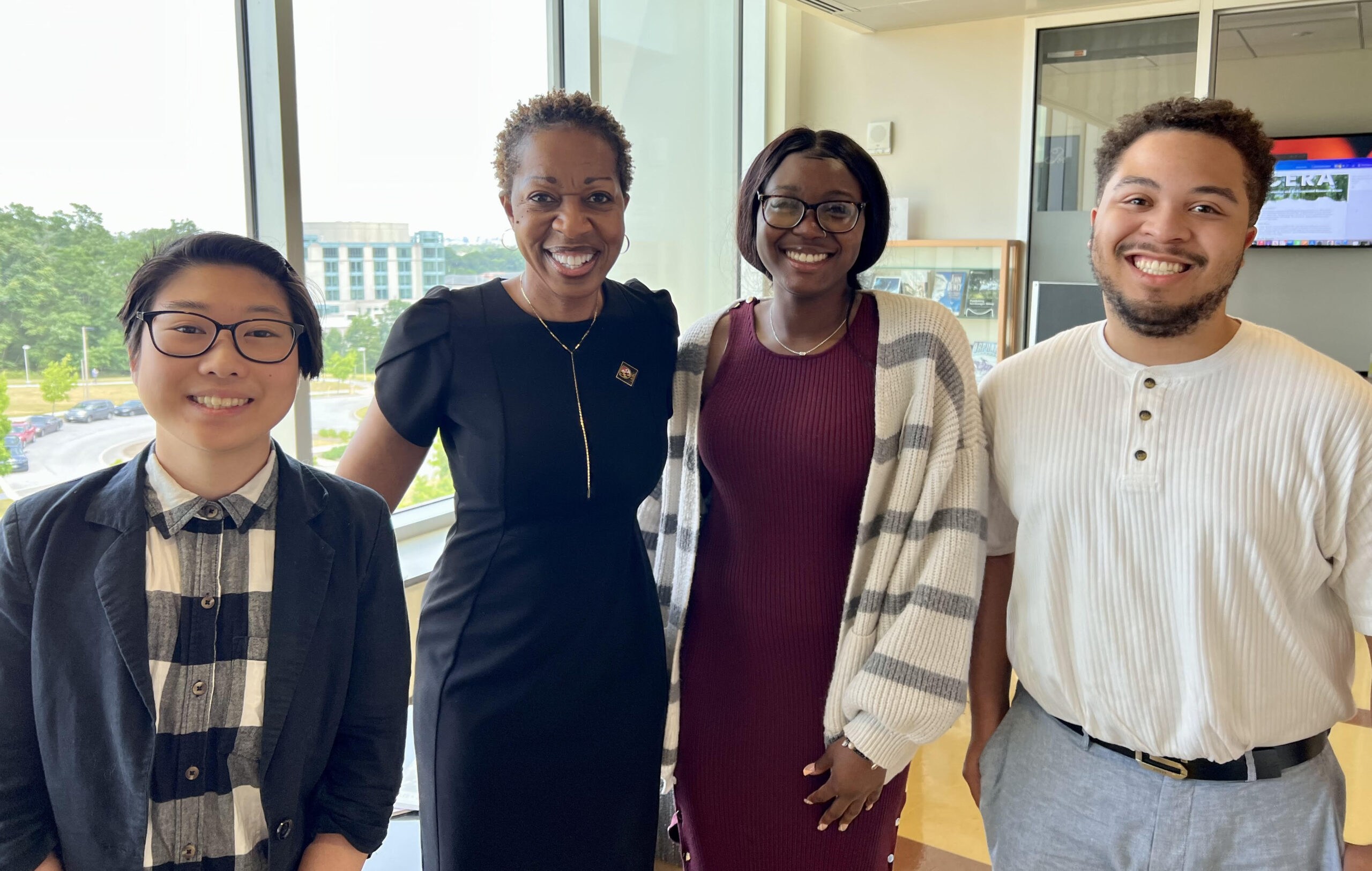
Watch the CERA promotional video created by the CoLab interns
https://drive.google.com/file/d/1hRnRjNqd9LtzhibE_DwrlDUdJDeICgsk/view
See the CERA guided brochure created by the CoLab interns
Documenting Places of Resistance: Black Tourism and Leisure during the Jim Crow Era
Project Leader: Dr. Liz Patton – Media & Communication Studies
Student Interns:
- Nicole King – Major: Africana Studies
- Ava Mason – Major: Political Science, Minor: Africana Studies, Honors College
- Sam Scheck – Major: Computer Science, Minor: Gender, Women’s, + Sexuality Studies
Project description
This CoLab project team developed a pilot website designed like a travel guidebook featuring archival sources primarily from Duke University’s Rubenstein Rare Book & Manuscript Library and the New York Public Library Special Collections. The website is based on Dr. Liz Patton’s (MCS) archival research for her book project, “Representation as a Form of Resistance: Documenting African American Spaces of Leisure during the Jim Crow Era,” which examines the history of Black leisure and tourism in the US through the perspective of media. The website features mapped locations and archival sources such as photographs, home videos, and historic travel guides. Student interns explored archival material, watched documentaries, and read published articles on the initial places that they featured on the website. The project team worked collaboratively to produce an introductory essay for the website based on archival materials and published books and articles on the topic and to create descriptive narratives for the leisure spaces featured on the website. They used WordPress for online publishing, Google Maps API, and ArcGIS to create an interactive publicly available website.
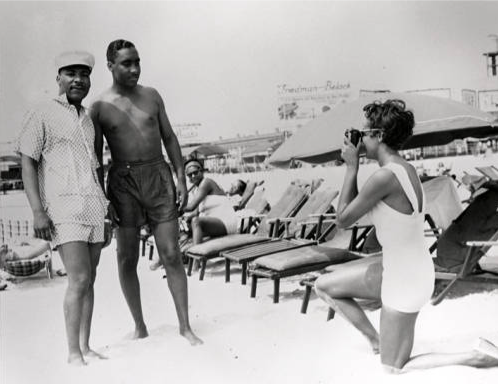
Visit their website at: https://leisureasresistance.org
UMBC Special Collections LGBTQ+ Oral History Project
Project Leader: Dr. Kate Drabinski – Gender, Women’s, + Sexuality Studies
Student Interns:
- Simone Koning – Major: MLLI (Spanish), Minor: Latin American Studies and Intercultural Communication
- Talya Raitzyk – Major: English Literature, Minor: Computer Science
- Riya Suthar – Majors: Psychology and Gender, Women’s, + Sexuality Studies, Minor: Biology
Project description
This interdisciplinary team of student researchers built a website for Special Collections that highlights the UMBC LGBTQ+ Oral History Project collection. They are also wrote a guide for future students about how to add to and revise the website as new oral histories are added.
This CoLab project team developed research projects with the collection that both share information gleaned from the oral histories and provide teaching materials for instructional librarians to help other researchers discover what we can do with oral histories. These research projects include a podcast based on the oral histories in the collection, digital stories, a zine, and written essays that demonstrate how oral histories can be engaged in storytelling and research practices. The project makes UMBC’s LGBTQ+ oral history collection and associated materials accessible to researchers, including UMBC students.
CLICK HERE to visit the website created by the CoLab interns, see the collection, and read their essays about it
CLICK HERE to visit the zine created by the CoLab interns about the Charm City Kitty Club
CLICK HERE to listen to the podcast on queer lineage created by the CoLab interns
A Narrative-Based Curriculum for Writing and Civic Engagement of Latinx Youth
Project Leader: Dr. Felipe Filomeno – Political Science and Global Studies
Student Interns:
- Violeta Brito – Major: Global Studies
- Mary Rose Khamfong – Major: Psychology, Minor: Social Welfare
- Brandon Price – Major: Computer Science
Project description
Because of an opportunity gap, Latinx youth lag behind their White American peers in civic engagement and college attainment. To help close this gap, this CoLab project team created the content of a writing and civic engagement workshop for Latinx youth in Baltimore. They worked with/for the Latino Racial Justice Circle (LRJC), a local nonprofit organization that promotes the social inclusion of immigrants. The content of the workshop is entirely digital and consists of oral histories by local Latinx community leaders, news stories about the local Latinx community, writing prompts, and discussion questions. The LRJC will deliver their workshop regularly for Latinx students of local public high schools.
